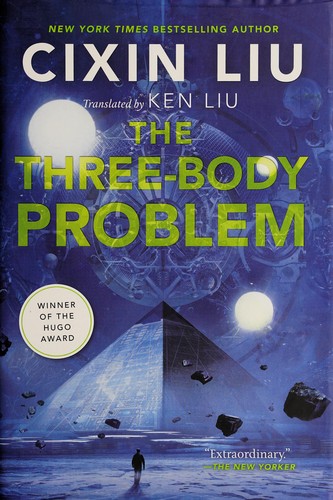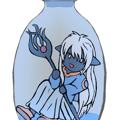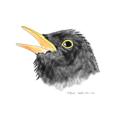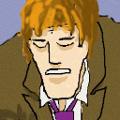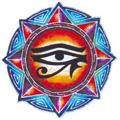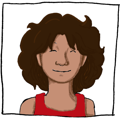Everyone loves this, but I can't understand why nobody seems to be put off, or at least puzzled, but the way that every human individual or organization in the book is just relentlessly awful, ranging from suicidal to genocidal, and everything in-between, without respite.
Most of them, given any chance at all, are trying hard to selfishly save their own skins, with not a moment's regard for the fact that their plans will immediately doom the rest of the human race. Those not intent on self preservation at any cost are instead committed to bitter nihilism, such as the ultimate eco terrorists, who feel that to save the Earth's biosphere they must collaborate with alien forces to bring about humanity's defeat, and likely annhialation.
These characters and groups are not intended as outliers. They simply represent the world, as it is, in its entirety. The only thing that holds back this tide of destructive behavior is the government, who keeps everyone in line.
I can't tell how much of this bizarrely one-sided depiction of humanity is a deliberate choice by the author Liu Cixin, versus simply being an unplanned exposure of the author's worldview. Does his native Chinese immersion in authoritarianism form a subconscious backdrop to everything he wrote here, or is he making the deliberate point that strong government is absolutely necessary?
Liu Cixin has since gone on record in support of the Chinese government's internment of Muslim Uighurs in Xinjiang. There, people have been rounded up, because of their ethnicity, into over 400 internment camps. The camps administer cultural and religious re-education, forced labor, involuntary sterilization and abortion. This is something Liu Cixin is openly in favor of.
It makes my skin crawl to read that, and then carry on blithely with this book, which seems to be an unapologetic justification for authoritarian government imposing its will on an unwilling people. I did finish it, but have no desire to read the sequels - and not just because I don't agree with its politics. I genuinely found the behavior of all the characters to be demented and incessantly frustrating.
